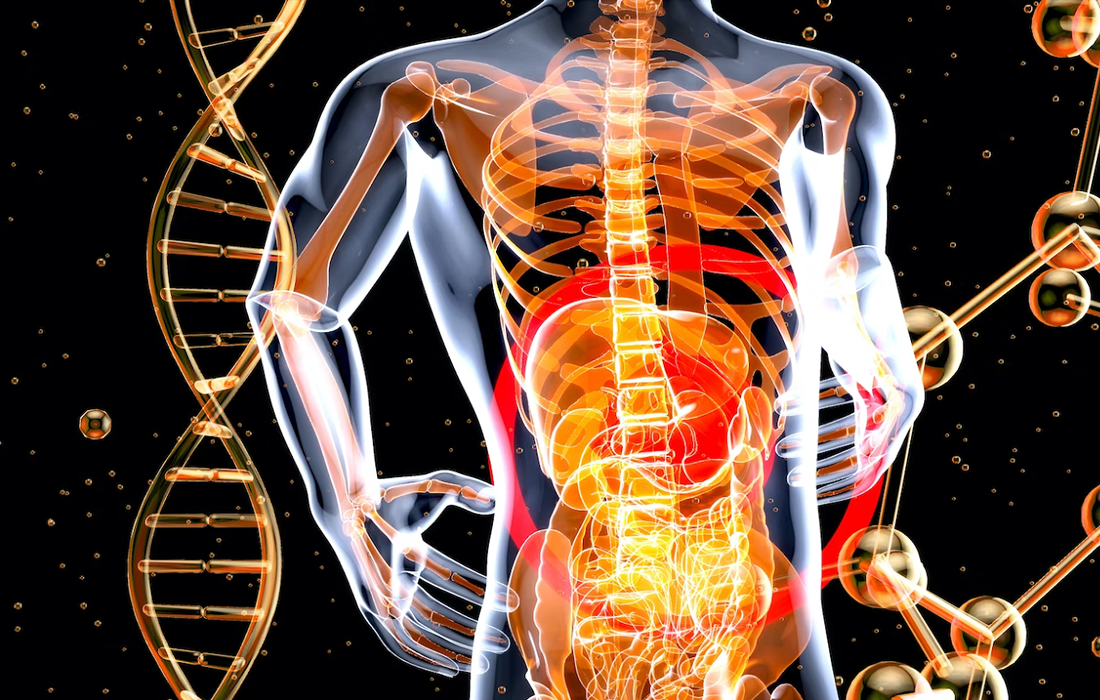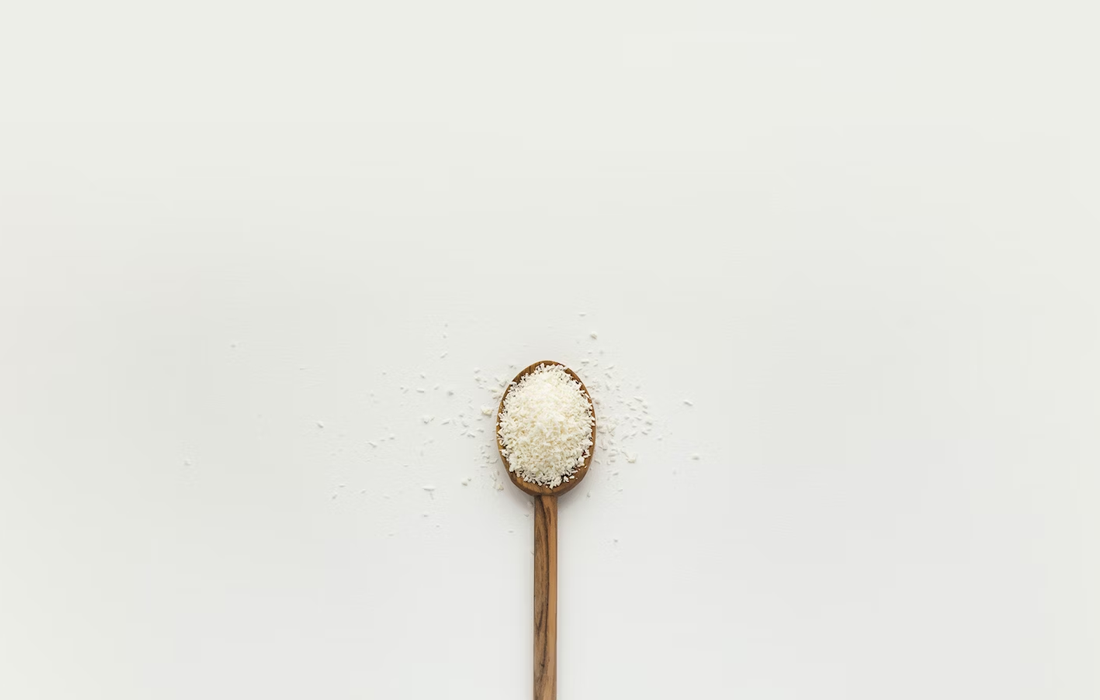A solid connection between a Mediterranean diet and cognitive health has remained somewhat elusive. This is most likely because so many studies rely on participants’ self-reporting of their dietary intake, a notoriously unreliable means of collecting data. A new study takes a different approach to measuring diet and selecting cases and controls. The study was […]
Category Archives: Nutrition and Supplements
Old people who follow a Mediterranean diet are at a lower risk of cognitive decline, according to a study published in the journal Molecular Nutrition and Food Research. The study provides new evidence for a better understanding of the biological mechanisms related to the impact of the diet on cognitive health in the ageing population. […]
University of B.C. researchers have uncovered startling connections between micronutrient deficiencies and the composition of gut microbiomes in early life that could help explain why resistance to antibiotics has been rising across the globe. The team investigated how deficiencies in crucial micronutrients such as vitamin A, B12, folate, iron, and zinc affected the community of […]
Old people who follow a Mediterranean diet are at a lower risk of cognitive decline, according to a study published in the journal Molecular Nutrition and Food Research. The study provides new evidence for a better understanding of the biological mechanisms related to the impact of the diet on cognitive health in the aging population. […]
High-salt diets are commonly associated with increases in blood pressure and risk of cardiovascular mortality, even among individuals with healthy blood pressure. Cardiologist Dr. Bradley Serwer, chief medical officer at cardiovascular and anesthesiology services provider VitalSolution, said: “For the general population, it is recommended to have a sodium intake of under 2300mg per day. For […]
Vitamin D is a nutrient from sunlight exposure, diet, or supplements. It is commonly considered essential to bone health but also has a role in autoimmune and other illnesses. The review links vitamin D deficiency to childhood asthma and wheezing, a major cause of illness in young children. About 40% of kids report daily wheezing […]
In 2022, UC’s Robert Krikorian, PhD, and his team published research that found adding blueberries to the daily diets of certain middle-aged populations may lower the chances of developing late-life dementia. “Both strawberries and blueberries contain antioxidants called anthocyanins, which have been implicated in a variety of berry health benefits such as metabolic and cognitive […]
Many fungus strains have been used and selected by the food industry for their capacities to ferment, produce flavors or produce heterologous molecules. According to a new study, 2 fungi used to produce food products have potential probiotic effects on gut inflammation. To date, very little is known about the diversity of foodborne yeasts and […]
Those at risk for Type 2 diabetes may already know to avoid sugar, but new research suggests they may want to skip the salt as well. A new study from Tulane University published in Mayo Clinic Proceedings found that frequently adding salt to foods was associated with an increased risk of developing Type 2 diabetes. […]
Multiple studies attest that consuming plant foods may reduce chronic illnesses such as type 2 diabetes, cardiovascular disease, and certain cancers. Researchers at the University of Minnesota in St. Paul, MN, have now uncovered additional benefits of insoluble fiber beyond improving stools and laxation. In their recent review study, the experts found that bioactives in […]










